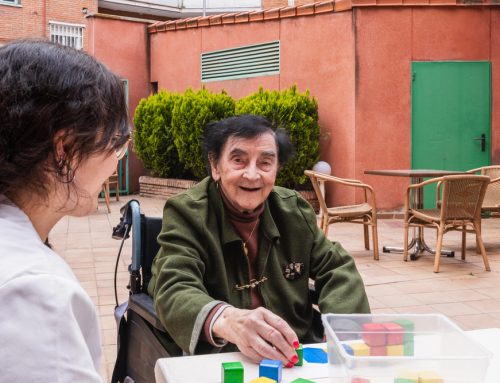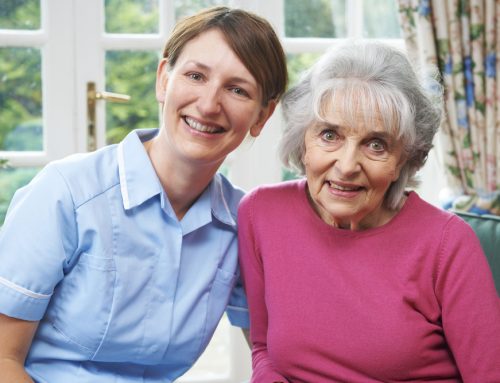According to the World Health Organization (WHO), nearly 14% of seniors over the age of 60 suffer from a mental disorder. The Global Health Estimates (GHE) 2019 reported that depression & anxiety are the two most common mental health conditions in older adults. These issues are prevalent among seniors because they are more susceptible to feelings of isolation and neglect, which can lead to sleepless nights, declining physical health, and a reduced sense of overall well-being.
That’s why home care is essential when it comes to helping the elderly with depression. Many seniors who struggle with depressive symptoms benefit greatly from staying in a familiar environment surrounded by their personal comforts. In-home caregivers from Baywood Home Care provide more than just assistance with daily tasks—they offer meaningful companionship, emotional support, and gentle encouragement that can help ease feelings of loneliness and despair. This kind of one-on-one attention can make a significant difference in a senior’s mental health journey, fostering a sense of connection, purpose, and stability that’s crucial for managing depression.
Let’s learn why home care for depression in seniors is helpful.
Why Choose In-Home Care for Helping the Elderly with Depression?
There are many meaningful ways—both big and small—to support seniors in overcoming depression. These efforts help them feel valued, boost self-esteem, and restore a sense of purpose. Here’s how in-home caregivers can make a difference:
-
Identify the Signs of Depression
In-home caregivers are trained to recognize the early signs of depression in seniors. Common symptoms include withdrawal from social or community activities, loss of appetite, and disinterest in hobbies or activities that once brought joy. Seniors experiencing depression often report feeling fatigued or having trouble sleeping at night.
-
Be Present and Listen to Them
What many older adults want most is someone who is present and genuinely willing to listen. Caregivers should avoid rushing to give advice or offering unsolicited solutions. Instead, sitting quietly and spending quality time with them can be deeply therapeutic. Sometimes, simple reassurance and understanding are enough to ease their emotional pain and uplift their spirits.
-
Assist with Daily Routines
Helping seniors maintain an active daily routine is key to managing depression. Encouraging their participation in everyday tasks—like personal hygiene, meal preparation, or organizing their space—can give them a sense of accomplishment. Additionally, caregivers should gently motivate seniors to reconnect with friends, family, or local community groups, which fosters emotional well-being.
-
Coordinate with Medical Professionals
For seniors facing chronic or severe depression, professional medical help is vital. In-home caregivers play an important role in assisting families schedule appointments with licensed mental health providers. They also assist by monitoring medication intake and ensuring that the senior adheres to the care plan prescribed by doctors or therapists.
In-Home Caregivers at Baywood Home Care Are Here to Help!
At Baywood Home Care, we believe that every senior deserves personalized, compassionate care, especially when it comes to their emotional well-being. Our trained caregivers not only assist with day-to-day activities but also form meaningful connections that nurture the heart and mind. When seniors feel seen, heard, and supported, they are more likely to regain joy and confidence in their daily lives.
If someone you love is struggling with depression, in-home care might be the support they need. Contact Baywood Home Care to learn how we can help bring peace, comfort, and emotional support to your family.







